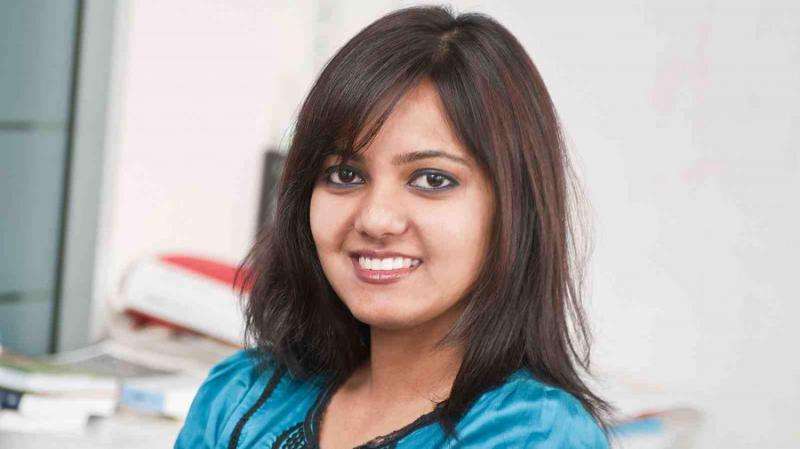Reshaping accounting systems for women's empowerment

Accounting and feminism are not academic disciplines that often go together but their convergence is exactly the area that Victoria University of Wellington graduate Farzana Tanima wanted to explore in her doctoral research.
The accounting graduate grew up in Bangladesh and moved to Wellington in 2006 to study at Victoria. During her Honours year, the keen mathematician was introduced to the idea that accounting was more than a "number-crunching discipline"—rather, it could shape organisational and societal realities.
With a personal interest in the growth and socio-political issues in her home country, she focused on Bangladesh where there is widespread poverty and few education opportunities, particularly for women.
"I wanted to undertake research where I could reflect on how the disadvantaged social position of Bangladeshi women could be transformed by accounting and accountability systems such as financial reports," Farzana says.
"A distinguishing feature of Bangladesh is its poverty alleviation efforts through microfinance. It is a critical, anti-poverty tool of the poorest of the poor. Extending financial services to poor people, mainly women, allows them to generate income through self-employment and lessen the burden of seasonal employment."
Farzana argues microfinance practices can therefore empower Bangladeshi women, who are more vulnerable to poverty because they lack working opportunities. By increasing their earning potential, microfinance also improves women's importance and influence in the household and local community.
However, Farzana points out that microfinance companies' core economic principles are driven by commercial imperatives, such as maximising profit and meeting responsibilities to their investors.
Herein lies the conflict which, Farzana says, is too often weighed towards economic imperatives.
"For example, NGOs' accountability duties, such as annual reporting and financial statements, lean towards more powerful groups such as donors and funders. This takes NGOs attention away from broader social goals such as empowerment and poverty alleviation and their beneficiaries who are the purpose of NGOs existence in the first place.
"I argue that in order to address women's empowerment issues, you need to understand that accounting is the core language of the day-to-day running of NGOs and hence accounting itself as a tool needs to be revised."
Farzana recognises there is no easy fix to transforming accounting and accountability systems into a more socially responsible tool. But by shining the light into this little understood topic, she has created awareness and provided a platform for wider discussion and eventually change.
Provided by Victoria University of Wellington
















